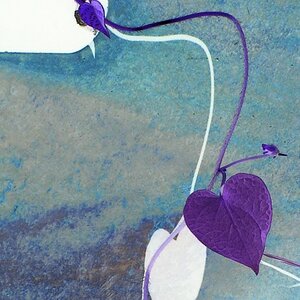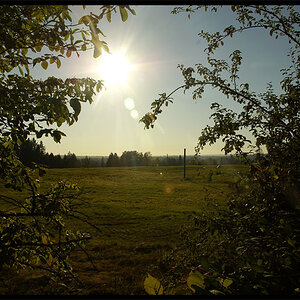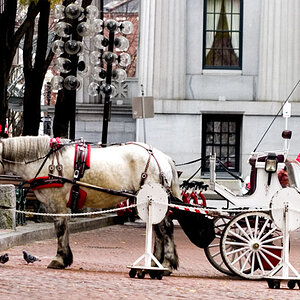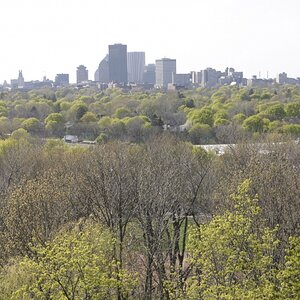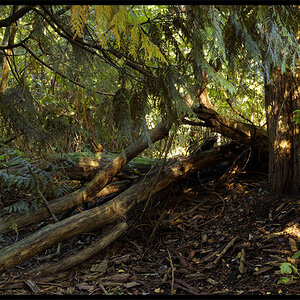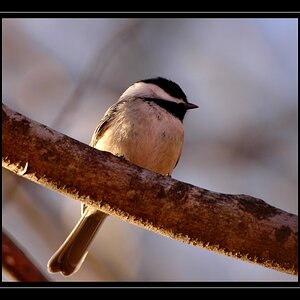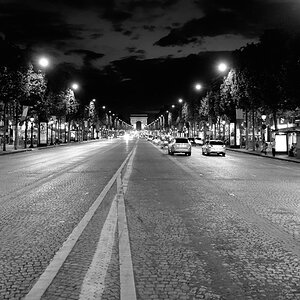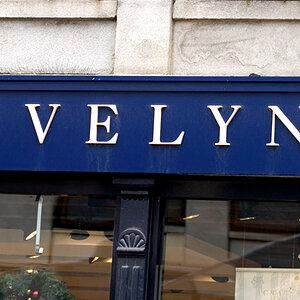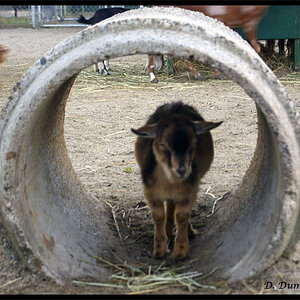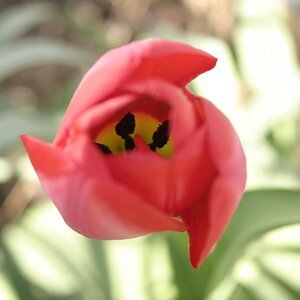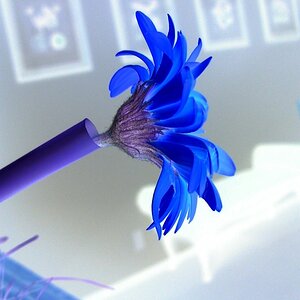fjrabon
Been spending a lot of time on here!
- Joined
- Nov 3, 2011
- Messages
- 3,644
- Reaction score
- 754
- Location
- Atlanta, GA, USA
- Can others edit my Photos
- Photos OK to edit
Lately I've seen like 298347928734 posts about how "gear doesn't make the photographer, ability does." Which, best case scenario is a meaningless statement, worst case scenario is false. I get that in many ways it's a response to the gear obsessed nature of many posters here on TPF, and thus I sympathize with the sentiment. However, creating an over-sweeping falsehood only makes their side of the "argument" stronger, not weaker.
Photography is an endeavor with both technical and artistic aspects. Photography also has a dizzying array of sub-genres that make it difficult to clearly state what may or may not be needed to attain the "higher levels" in any specific genre.
First, I don't think anybody will argue that gear alone will make anybody an average, let alone great photographer. However, some people seem to take the statement "to do X field of photography at the highest level, you need y gear" to mean that. That's making a logical error of confusing a necessary condition for a sufficient condition. Saying certain gear is needed is not the same as saying certan gear will make you a great photographer.
I'm going to talk about sports photography, simply because it's the genre I am most familiar with personally, but if you change around the specifics, this would apply to almost any genre of photography, to varying degrees. To be a great sports photographer you certainly need talent. Nobody will ever deny that. There is a difference between Walter Iooss Jr could produce and what I can produce that has nothing to do with gear.
However, the genre requires certain types of gear, which are almost always expensive. Send me and a supremely talented sports photographer like Walter both to a MLB night game (when most games are played), give the other guy an 18-55 kit lens and give me a 300mm f/2.8 and I will wipe the floor with him. No increased amount of natural ability will be able to overcome that difference in equipment.
That's not saying that gear makes the photographer. Not at all. It is saying that for some things certain gear is sometimes necessary.
To consistently take great photographs you need:
1) Ability. I'll stop short of saying natural talent, because I'm not convinced that it can't be completely learned, it may just take some people more lessons to get it.
2) the appropriate gear for the task at hand.
3) the right opportunity.
All of those are necessary conditions for producing great photography. The photographer with great ability will get the absolute most out of his gear and opportunity, sure. But he can't get a center fielder making an over the shoulder catch at the wall if he's behind 3rd base with a camera phone.
Though the three things I outlined above are each necessary for producing great photography consistently, none of them are, on their own, sufficient, not even ability.
Finally, to repeat, I do agree that there are absolutely some silly claims made here on a repeated basis "need 35mm to be a pro", "have to shoot raw to be an artist", "can't do a proper portrait session with the kit lens" etc. But saying gear doesn't matter, and that the photographer's talent is both a necessary and sufficient condition for producing great photography of all genres consistently is just as bad, IMHO.
Photography is an endeavor with both technical and artistic aspects. Photography also has a dizzying array of sub-genres that make it difficult to clearly state what may or may not be needed to attain the "higher levels" in any specific genre.
First, I don't think anybody will argue that gear alone will make anybody an average, let alone great photographer. However, some people seem to take the statement "to do X field of photography at the highest level, you need y gear" to mean that. That's making a logical error of confusing a necessary condition for a sufficient condition. Saying certain gear is needed is not the same as saying certan gear will make you a great photographer.
I'm going to talk about sports photography, simply because it's the genre I am most familiar with personally, but if you change around the specifics, this would apply to almost any genre of photography, to varying degrees. To be a great sports photographer you certainly need talent. Nobody will ever deny that. There is a difference between Walter Iooss Jr could produce and what I can produce that has nothing to do with gear.
However, the genre requires certain types of gear, which are almost always expensive. Send me and a supremely talented sports photographer like Walter both to a MLB night game (when most games are played), give the other guy an 18-55 kit lens and give me a 300mm f/2.8 and I will wipe the floor with him. No increased amount of natural ability will be able to overcome that difference in equipment.
That's not saying that gear makes the photographer. Not at all. It is saying that for some things certain gear is sometimes necessary.
To consistently take great photographs you need:
1) Ability. I'll stop short of saying natural talent, because I'm not convinced that it can't be completely learned, it may just take some people more lessons to get it.
2) the appropriate gear for the task at hand.
3) the right opportunity.
All of those are necessary conditions for producing great photography. The photographer with great ability will get the absolute most out of his gear and opportunity, sure. But he can't get a center fielder making an over the shoulder catch at the wall if he's behind 3rd base with a camera phone.
Though the three things I outlined above are each necessary for producing great photography consistently, none of them are, on their own, sufficient, not even ability.
Finally, to repeat, I do agree that there are absolutely some silly claims made here on a repeated basis "need 35mm to be a pro", "have to shoot raw to be an artist", "can't do a proper portrait session with the kit lens" etc. But saying gear doesn't matter, and that the photographer's talent is both a necessary and sufficient condition for producing great photography of all genres consistently is just as bad, IMHO.


